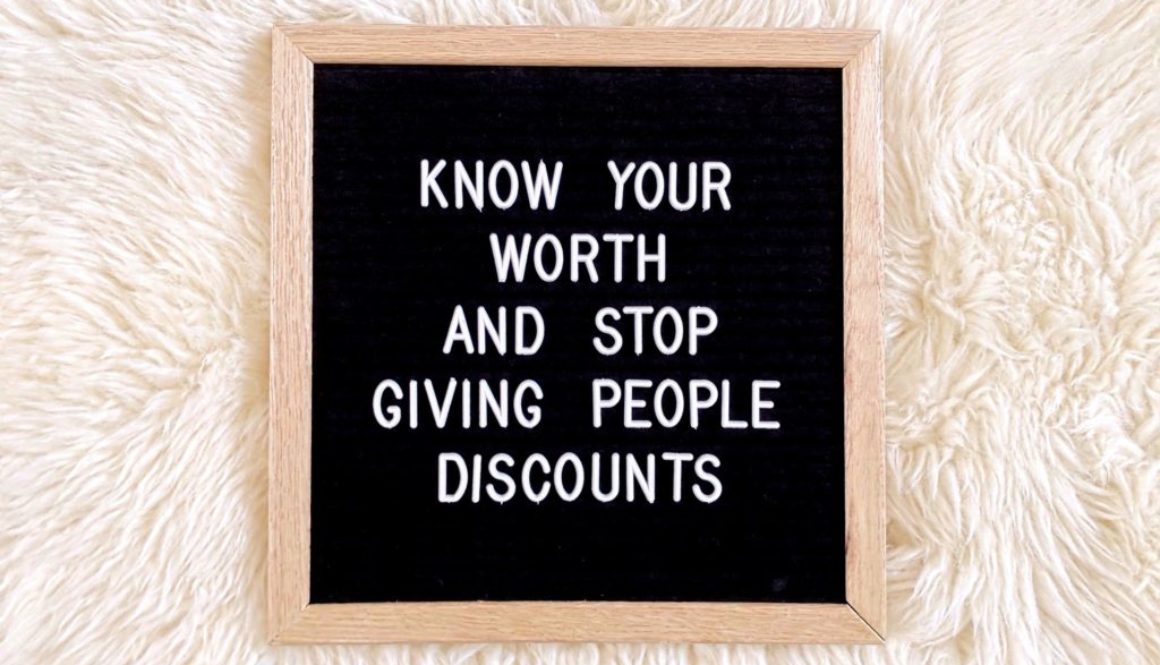When your partner won’t go to therapy with you
You love your partner and you are committed to them, but you have unresolved issues that you’ve tried many times to fix. You now understand that these issues can’t be resolved on your own and you need professional help, but whenever you mention getting therapy to your partner, they feel uneasy, stall, laugh it off, get frustrated, indecisive, and even downplay the need for it.
What can be done if your love won’t see a therapist with you? The answer to that is as broad as the different groups of people that seek therapy. There’s no one size fits all strategy, but for starters, keep these points in mind.
When we see a loved one struggling, we want to intervene and help, but constantly bringing up therapy can be translated as nagging and complaining. This can make your partner frustrated and less willing to go to therapy.
No matter how strong your desire & will are for your partner to change, you must remember that people don’t change unless they want to. This doesn’t mean that you should never ask your partner why they won’t go. It’s okay to ask your partner of his or her concerns about seeing a therapist.
The idea of seeing a therapist can be intimidating and create anxiety. Your partner could have had a bad experience with a therapist in the past, they could be uncomfortable sharing their problems and personal business with a stranger. He/She could have a fear of being judged, feeling exposed, blamed, and feeling vulnerable in front of a therapist. Your partner could even fear you and the therapist “ganging up” on him/her. Your partner may also feel inadequate. Being confronted about going to marriage counseling could make your partner feel like they’ve failed in the marriage and in making you happy. The feeling of inadequacy and failure could be another thing keeping your partner from going to therapy. Your partner could also not want to go to therapy because they “don’t think it’s that bad”. Many people see couple’s therapy as a last resort to save relationships. Your partner might not consider the relationship issues to be as significant as you.
Even if you don’t agree with them, your partner’s fears and concerns are valid. Your partner has their way of coping which could be different from yours. Have compassion and understanding for him/her.
Let your partner know your goal is not to make them look bad or tear them apart, but to be happier and make your marriage stronger. Relationships don’t have to be in grave danger for partners to want to try couples therapy. Tell your partner that even if you’re not on the verge of divorce, you can still see a counselor for a little tune-up and management.
Explain to your partner how you feel about them not wanting to go to therapy. Many emotions may arise from this situation. You may feel rejected. You may feel like your partner doesn’t care or love you enough. Whatever your emotions may be, carefully express & explain them to your partner. Your partner seeing how his/her decisions affect you could be the wake-up call needed to finally make the change. You may find that the reason for your partner not going to therapy has nothing to do with their love and care for you and has more to do with personal issues they’re struggling with.
If your partner won’t see a therapist with you, you should still go. Your relationship can still change for the better. Individual therapy for your relationship is better than no therapy at all for your relationship. One person can effect positive change.
Individual therapy allows you to share your concerns without having to censor yourself to not hurt your partner’s feelings. It can also provide a safe venting space, which we all need sometimes.
Even if your partner won’t go to therapy with you, share your experience when you get home. Tell your partner what you and the therapist discussed, what you learned, what activities/exercises you did, and how you felt in this nonjudgemental, safe space. As you change for the better (which is likely), share that positive change with your partner and don’t resent them for not going with you. The insights you share and the positive change they see in you might just convince them to go.
Consider yourself a trailblazer for your relationship by taking the first step to getting help. You are leading by example and possibly making the idea of seeking therapy normal and less frightening to your spouse.

At CWC Coaching, our team consists of licensed therapists, life coaches, and counselors. We assist clients with self-improvement, career development, negative self-talk, psychological pain, self-sabotaging behavior, past hurts and finding your purpose. If you are ready to increase your self-awareness and happiness, breakthrough limiting behavior and understand your purpose in life, we’d love to help guide you on this journey.




